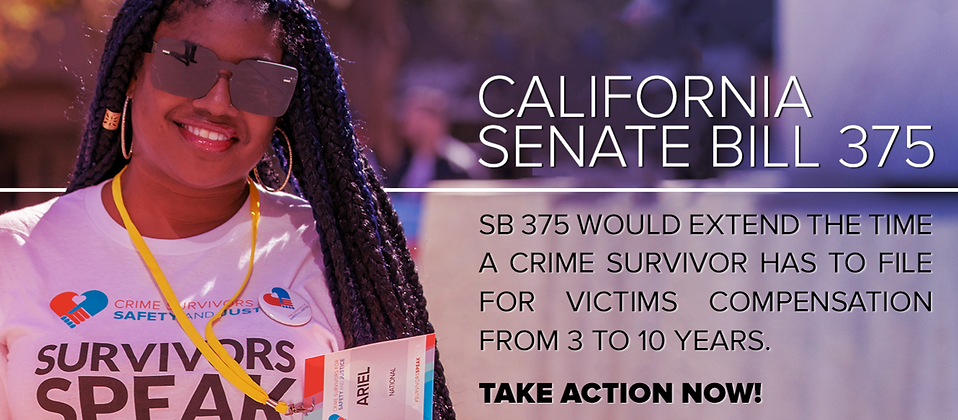Criminal Justice Committee
The NAACP advocates for smarter, results-based criminal justice policies to keep our communities safe, including treatment for addiction and mental health problems, judicial discretion in sentencing, and an end to racial disparities at all levels of the system.
The United States is home to the world’s largest prison population. As “tough on crime” laws have put an unprecedented number of non-violent offenders behind bars in recent years, our neighborhoods feel no more secure.

Sentencing Reform

The NAACP seeks to eliminate harsh and unfair sentencing practices that are responsible for mass incarceration and racial disparities in the prison system.
The US currently has the largest prison population in the world – 1 in 100 citizens is behind bars.When incarceration is used as the primary response to social problems, individuals, families and communities suffer.
The NAACP calls for policy and administrative changes that will:
-
Establish Justice Reinvestment Commissions that will downscale prisons and shift resources from prisons to education budgets.
-
Eliminate mandatory minimum sentences for drug offenses.
-
Advocate for treatment as opposed to incarceration for non-violent offenders.
-
Eliminate sentencing of juveniles to Life Without Parole (LWOP)
-
Place a moratorium on the death penalty
Effective Law Enforcement

The NAACP supports an increase in trust and public safety by advancing effective law enforcement practices.
The NAACP has been involved in informing effective law enforcement practices since its inception. In 1910, the NAACP took on its first legal action in defense of Pink Franklin, a poor, African American sharecropper who had attempted to protect his home against an illegal police raid. Unfortunately, 100 years later, fundamental issues that erode trust and public safety between law enforcement and African Americans and other communities of color continue to exist.
The Effective Law Enforcement campaign works to:
-
Establish national use of force standards for law enforcement officers
-
Eliminate Racial Profiling
-
Advance policies that require data collection for all police encounters and full transparency of such interactions
-
Increase support for community policing strategies
Eliminating Barriers for The Formerly Incarcerated

The NAACP is committed to the restoration of the voting rights of formerly incarcerated people and the removal of barriers to employment.
As more than 600,000 individuals leave U.S. prisons each year, our communities continue to grapple with the unique challenges presented by those who ostensibly have “paid their debt to society,” yet face barriers to re-entry that effectively continue their punishment.
Today, our nation’s returning citizens face significant and numerous barriers to finding housing and employment, regaining custody of their children, receiving personal loans or financial aid toward school, voting and possessing other basic resources needed to rebuild their lives.
The NAACP calls for polices and practices that
-
Restore voting rights to formerly incarcerated.
-
Eliminate barriers to employment in government and corporation hiring practices
-
Remove barriers to receive housing and financial aid for formerly incarcerated people
Survivors of Crime

The NAACP is committed to elevating the voices of crime victim survivors in order to identify and advance systemic breakdowns existing in the criminal justice system that perpetuate crime.
Although African Americans and other people of color represent 49% of all homicide victims in the country, their voices are underrepresented in setting policy that curtails violent crime. As long as the voices of African Americans and other people of color are not being heard regarding methods to systematically address violent crimes, our ability to successfully address high crime rates and public safety remains limited. Elevating the progressive voices of crime victims will include:
-
Identifying and supporting existing progressive victims’ rights organizations
-
Working with NAACP state units to organize “Stop the Funerals” activities
-
Advancing polices that will shift resources to addressing violent crimes
